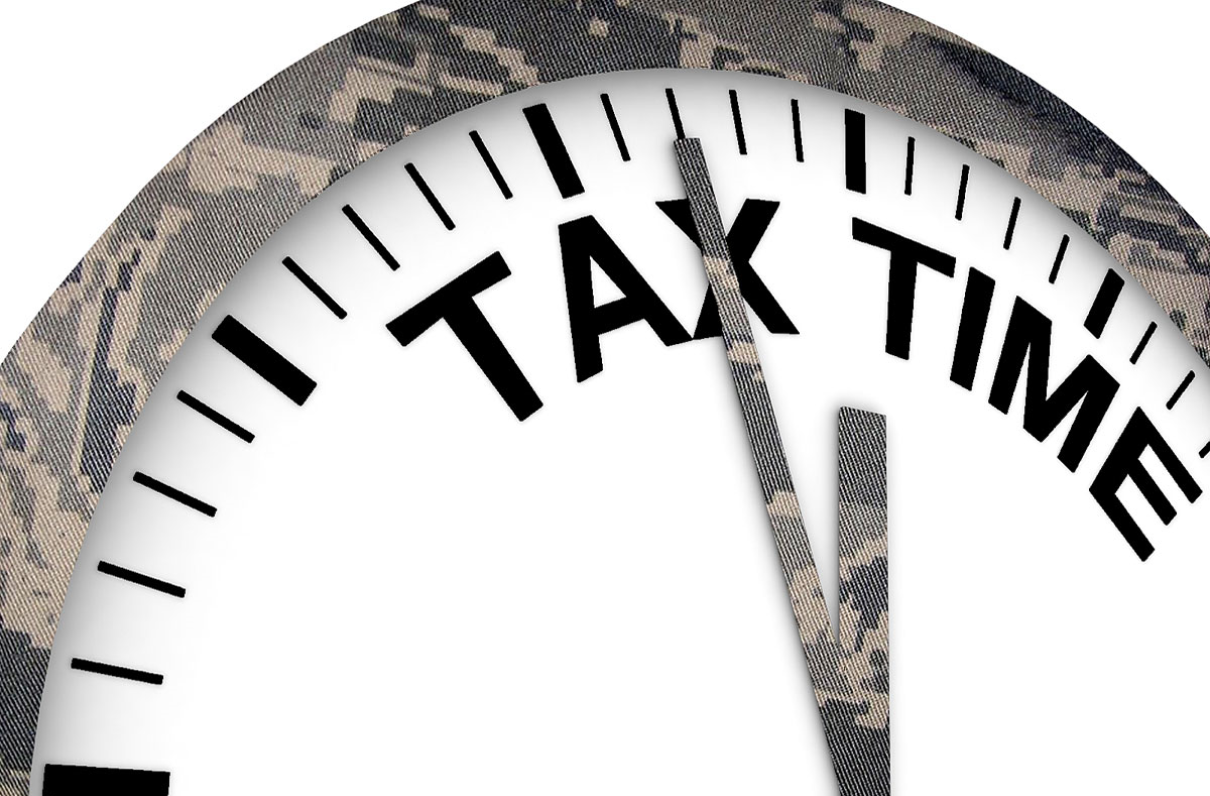This year’s tax filing season will begin Jan. 24, the IRS announced recently. Here are some things to know before you file your taxes this year.
1. Deadline Details. The tax due date is Monday, April 18, because April 15 is Emancipation Day in the District of Columbia. Taxpayers requesting an extension will have until Oct. 7 to file. Keep in mind an extension just extends the amount of time you have to file your tax return. If you owe the IRS money, it is still due April 18.
2. Child Tax Credit. Be on the lookout for two new letters the IRS is sending to most taxpayers. One of them, Letter 6419, provides the total amount of advance Child Tax Credit payments received in 2021. You’ll need to refer to that amount when you file. If you received less than the amount for which you’re eligible, you’ll be able claim a credit on your 2021 return. If you got more, you may need to repay some of that amount when you file.
[RELATED: Tips to Plan for Your Financial Future as You Age]
3. Stimulus Payments. The second letter, Letter 6457, has to do with the third economic stimulus payment. While most people already received their 2021 Economic Impact Payment, this letter will help individuals determine whether they can claim the Recovery Rebate Credit for missing payments. Individuals will need the amount of their third economic impact payment and any plus-up payments to calculate their correct rebate credit amount when they file their tax return; the letter will contain this information.
4. Online Help. If you don’t receive (or if you misplace) these letters, you can log in to your IRS.gov online account to access the appropriate amounts. This account also allows users to access data from their most recent tax return, set up or view payment plans, and make or schedule payments.
5. Deduction Update. Even if you don’t itemize deductions, you may take a deduction of up to $600 for married taxpayers filing joint returns and up to $300 for all other filers for cash contributions made to qualifying charitable organizations.
[RELATED: Donate to MOAA Charities]
6. Rapid Refund. The fastest way to get your refund is, as always, by filing electronically and choosing direct deposit.
Find more financial news, including more tax information, at MOAA.org/finance.
MOAA's Financial Planning Guide
MOAA PREMIUM and LIFE Members can get advice and insights on how to navigate life’s critical decisions.

